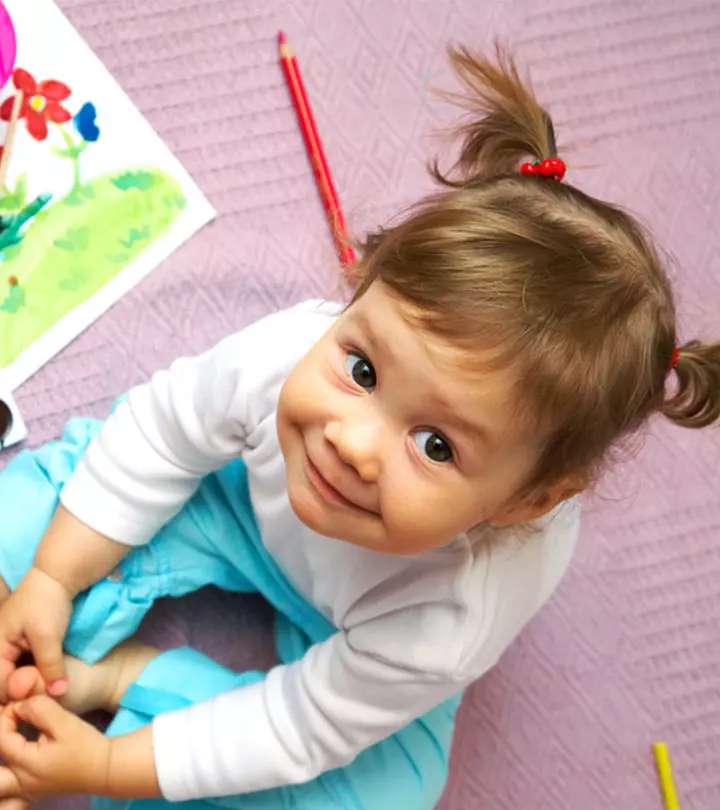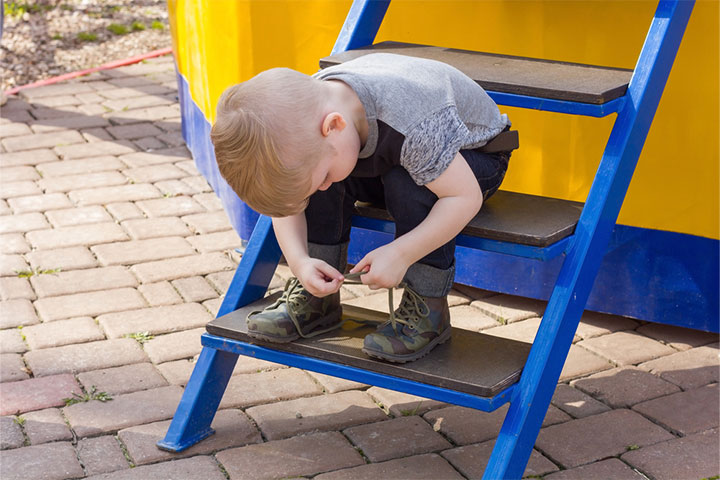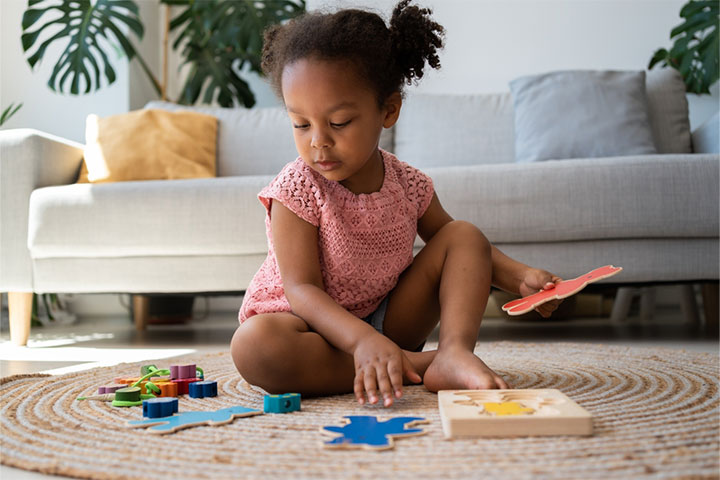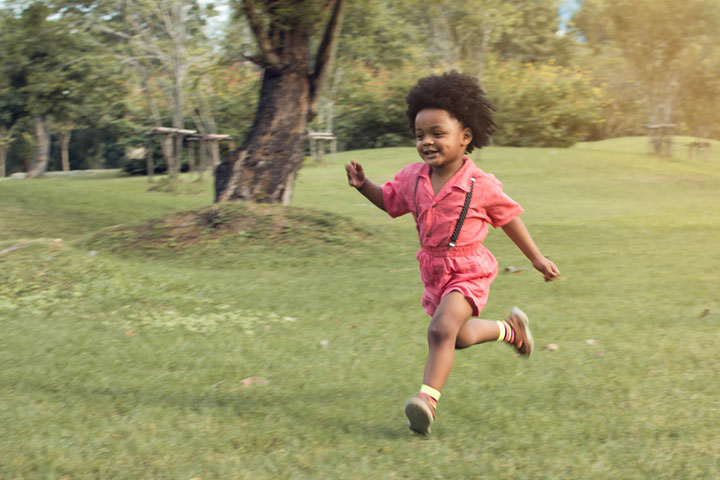
Image: Shutterstock
Watching your toddler take their first steps, grasp a crayon, or stack building blocks may seem like small triumphs, but they are monumental milestones in their development. These remarkable achievements are part of their journey through the world of motor skills – a complex web of physical abilities that shape their interaction with the environment. As a parent, understanding the nuances of fine and gross motor skills can help you support your child’s growth and provide them with the right tools to navigate their world. Read on to know more about this!
What Are Motor Skills?
Motor skills are the foundational elements of our physical interaction with the world. They involve intricate coordination of muscles, nerves, and cognition. From basic tasks like grasping to complex feats like riding a bicycle, motor skills are integral to our daily lives.
Fine motor skills are akin to delicate brushstrokes, demanding precision. These skills involve synchronized muscles in fingers, hands, and wrists. Think of a child picking up a bead or slotting a puzzle piece – these actions require coordination between the eyes and hands. They are vital for everyday tasks like writing, drawing, tying shoelaces, buttoning shirts, and using utensils.
Conversely, gross motor skills mirror the broad strokes of a mural, involving larger, dynamic movements. These skills engage the major muscles in the arms, legs, and torso. Jumping off a step, riding a tricycle, and kicking a ball showcase these skills. They are crucial for balance, stability, and physical confidence, and they form the foundation for sports, outdoor play, and exploring one’s physical abilities.
Fine Motor Skills: The Art Of Precision
Image: Shutterstock
Fine motor skills involve the intricate control of muscles in the hands, fingers, and wrists, enabling actions like picking up small objects, scribbling with crayons, and eventually tying shoelaces. These skills lay the foundation for tasks that demand precision and coordination, such as writing, drawing, and manipulating objects.
- At What Age Do Children Develop Fine Motor Skills?
Fine motor skill development is a gradual process that varies from child to child. Typically, babies start showing signs of basic fine motor skills around 3 to 6 months of age (1). They begin by gripping objects, exploring textures, and moving their hands deliberately. By the age of 1, most children can pick up small objects using a pincer grasp (thumb and forefinger). Between 2 and 3 years, they refine their abilities to stack blocks, use utensils, and engage in imaginative play that requires more intricate hand movements.
- How To Help Your Child Improve Their Fine Motor Skills
Image: Shutterstock
1. Engage In Play
Choose toys that encourage manipulation and exploration, such as building blocks, puzzles, and playdough. These activities enhance hand-eye coordination and finger dexterity.
2. Artistic Endeavors
Provide your child with crayons, markers, and coloring books to promote hand control and creativity.
3. Practice Patience
Encourage your child to practice tasks that require concentration and precision, like buttoning clothes or stringing beads.
Gross Motor Skills: Embracing Physical Agility
Gross motor skills are all about mastering the coordination and control of larger muscle groups, such as those used for crawling, jumping, and hopping. These skills are pivotal for physical activities and play a crucial role in a child’s overall physical development.
- When Will Your Child Develop Gross Motor Skills?
Gross motor skills development is marked by significant milestones throughout a child’s early years. By around 6 months, most babies can sit with support, and by 1 year, they might be able to stand with assistance (2). As they approach the age of 2, walking becomes more stable and controlled. By 3 years, children can jump, pedal a tricycle, and climb playground structures.
- How To Help Your Child Improve Their Gross Motor Skills
Image: Shutterstock
1. Encourage Physical Play
Provide opportunities for outdoor activities like running, jumping, and climbing. Activities such as catching and throwing a ball can enhance hand-eye coordination and balance.
2. Structured Play
Enroll your child in activities like dance classes, swimming, or gymnastics. These not only develop gross motor skills but also introduce them to social interactions.
3. Create Obstacle Courses
Set up simple obstacle courses using cushions, cones, and tunnels. This fosters creativity and physical confidence.
- When To Seek Help
While each child’s development timeline is unique, there are instances where seeking professional guidance is advisable. If your child seems significantly delayed in achieving motor skill milestones, struggles with basic tasks, or displays noticeable discomfort during physical activities, consulting a pediatrician or an occupational therapist can offer valuable insights and intervention strategies.
Toddlerhood is a remarkable period of growth and discovery, where each day unlocks various new levels of physical accomplishment. Understanding the intricacies of fine and gross motor skills empowers parents to support their child’s development effectively. Through creative play, patience, and a nurturing environment, you can contribute to the development of their fine and gross motor skills, setting them on a path to physical confidence and a world of possibilities. So, celebrate those small victories and cherish the journey as your child masters the art of movement. Let us know in the comments your experiences with your toddler’s motor skill development!















